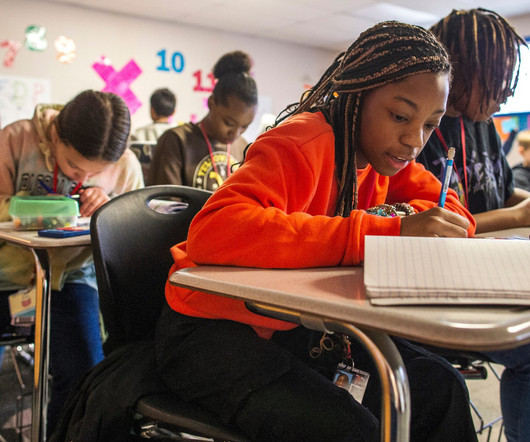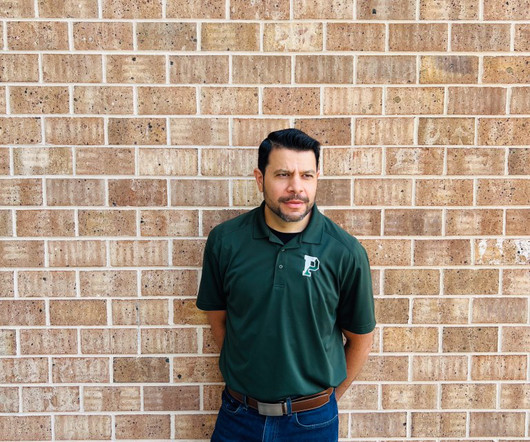Q&A: How to Protect Your K–12 Schools from Cybercrime Using the Zero-Trust Model
EdTech Magazine
FEBRUARY 4, 2024
Marlon Shears has spent more than 20 years working on the IT teams for some of the biggest K–12 districts in the nation. He started out as a software engineer at Los Angeles Unified School District and then moved on to Dallas Independent School District, where he soon became deputy CTO. After three years, he went on to Fort Worth ISD as CIO and now serves as CIO at IDEA Public Schools, headquartered in Texas.


















Let's personalize your content